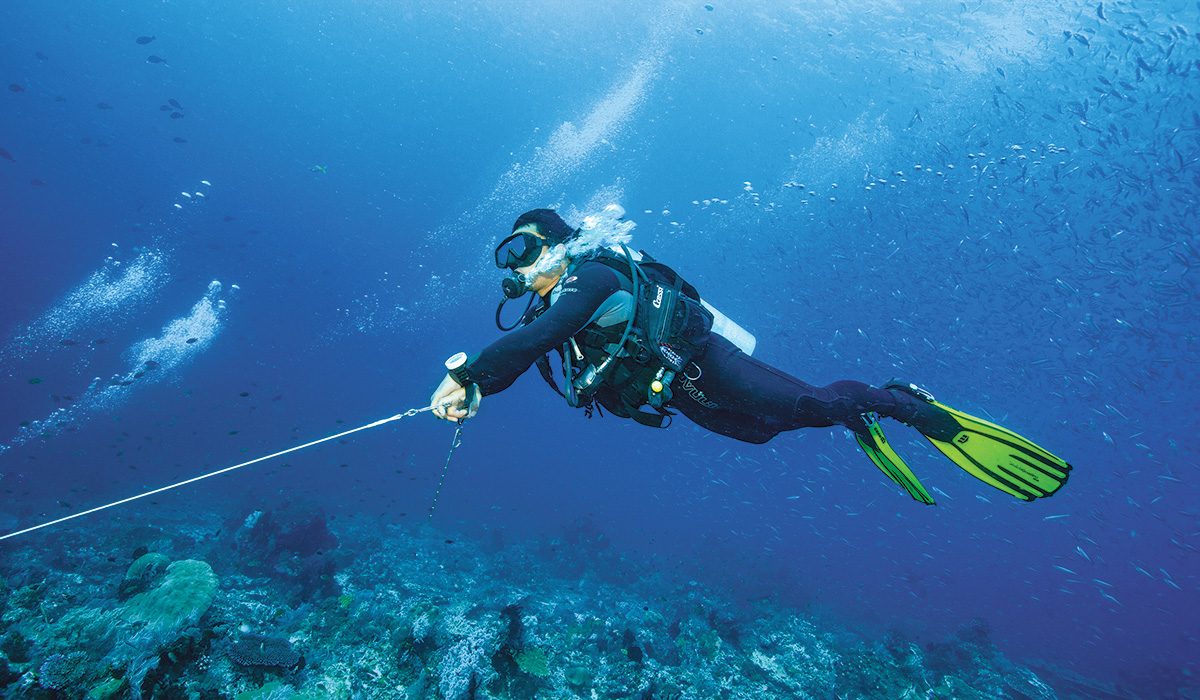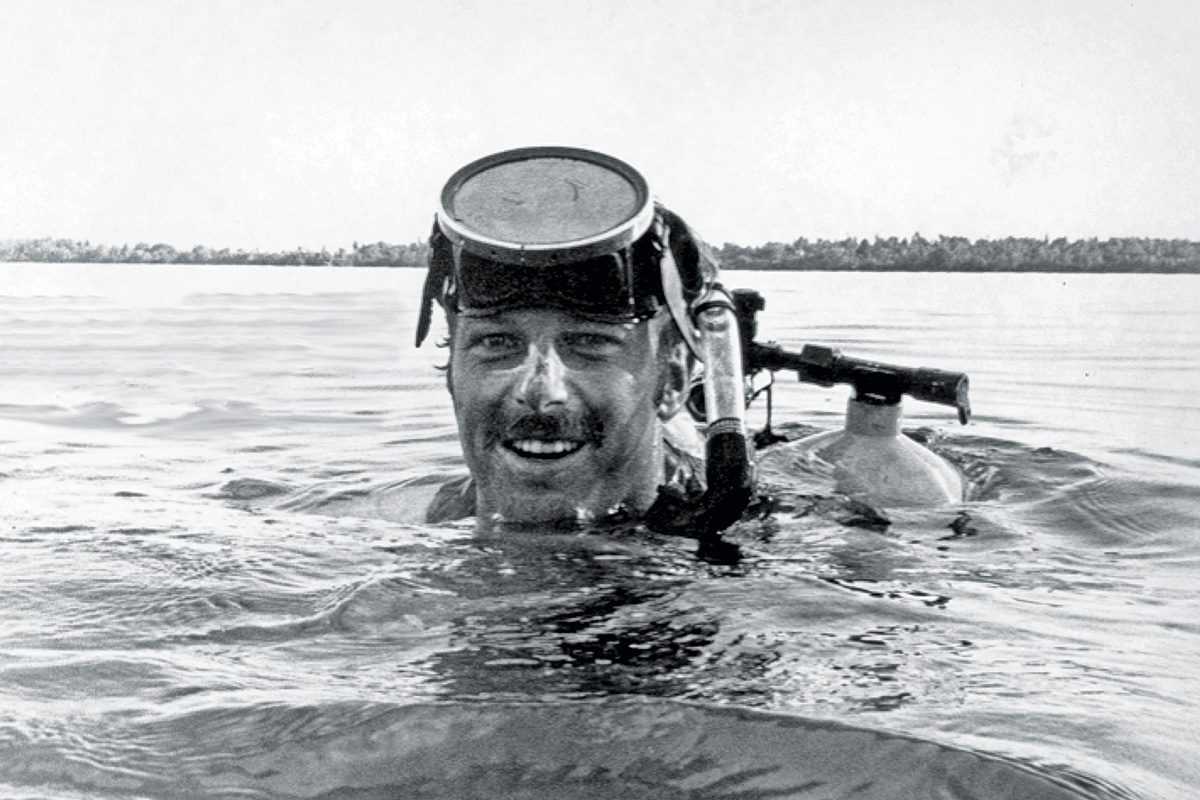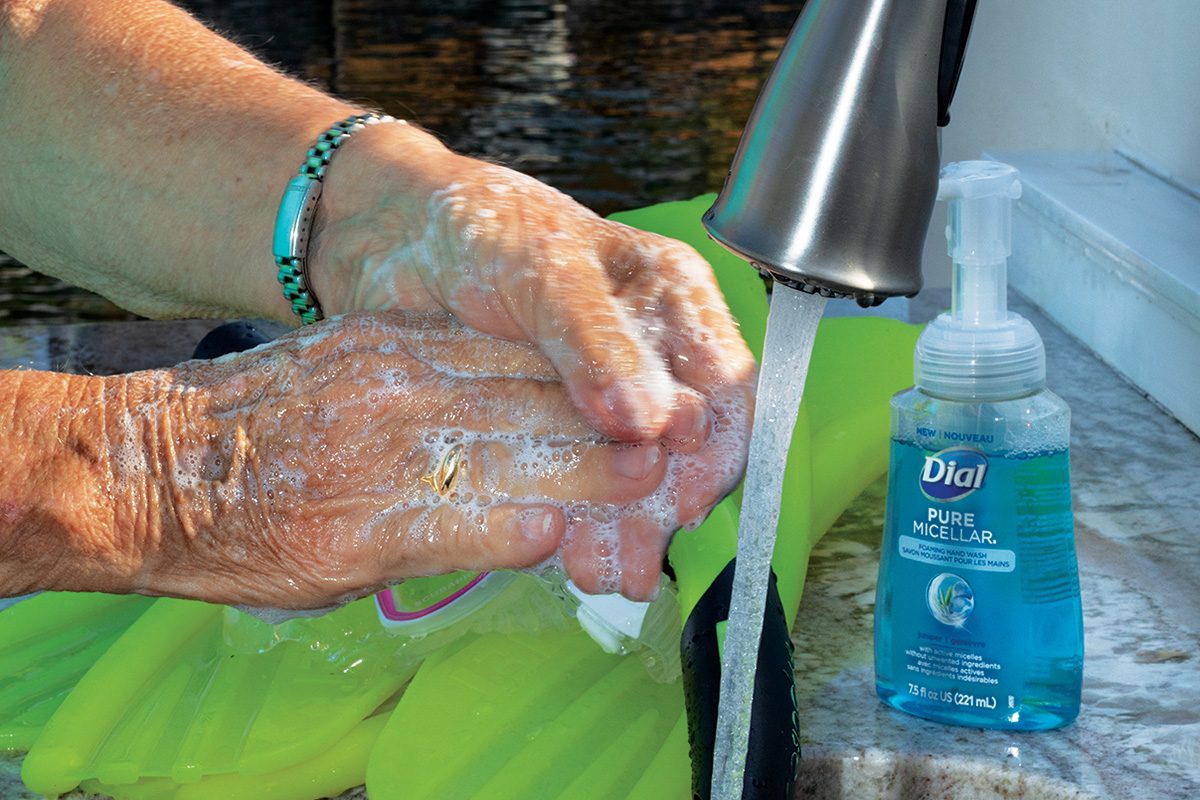When things go wrong, it’s often due to a combination of factors. The dive operator could have mitigated the risks by assigning an extra divemaster to our beginners group or requiring that divers have experience with currents. But ultimately we are responsible for our own safety. Had we taken a refresher course and refamiliarized ourselves with our equipment, the incident might have been frightening but not likely dangerous. We look forward someday returning to Raja Ampat. When we do, we’ll make sure we’re prepared.
A U.S. Navy SEAL, a respected researcher of decompression theory and an expert in hyperbaric and dive medicine, Richard D. “Dick” Vann had a career spanning more than 60 years. His work contributed to the implementation of safer pressure-exposure protocols in diving, mountaineering and space exploration. In 1990, as interest in recreational diving was increasing, Vann started working with DAN and founded the organization’s research department. As a director and later as vice president of research, he led studies of dive safety and injury prevention for more than 20 years.
COVID-19 has thrown a wrench in the travel and dive industry, and dive operators and professionals want to ensure their divers are protected when they get back in the water. Taking steps to reduce the transmission of COVID-19 in scuba shops, on boats and through shared equipment will continue to be important for the foreseeable future. Using a disinfectant that is approved for use against the virus that causes COVID-19 is one of the most crucial steps a dive operation can take, especially if providing rental equipment.
Certified divers learned to do predive safety checks during training, but do they perform one every time they dive? It is one of the easiest ways to prevent oversights, gear malfunctions and forgotten pieces of equipment. But predive safety checks often aren’t as thorough as they should be. Complacency and skipping your predive safety check or buddy check are entirely preventable factors in dive accidents. Complete all your checks before every dive.
Millions of people have lost their jobs due to the pandemic, many fear losing their homes, and their fears of financial and food insecurity are real, immediate and pressing. Health-care workers face the direct threat of COVID-19 infection every day. People are confronting real fears, and they need our support. We can’t spend the next few months underwater to hide from the coronavirus. We can, however, practice a few basic principles of safe, skillful diving that have immediate application in our everyday lives during these times.
Enjoy this bonus photo gallery that accompanies the “Blessed Bonaire” feature in the Q3/Q4 2020 issue of Alert Diver.
View this bonus gallery that accompanies the Q3/Q4 2020 article “Solomons Sojourn.”
Check out the images in this bonus gallery that accompanies the Ocean Views 2020 contest. This is the first of two galleries.
Check out the images in this bonus gallery that accompanies the Ocean Views 2020 contest. This is the second of two galleries.
For both predators and prey, survival on the reef depends on innovation. Both populations must continually acquire advantages over the other by evolving new and improved physical adaptations that must be countered by the opposition. Prey species tend to hold the upper hand — they are a little too fast, well-camouflaged or spiky to be caught under normal circumstances. To even the odds, predatory reef fishes devise novel hunting strategies. Joining forces with third-party species equipped with specialized hunting skills has become the gold standard.



